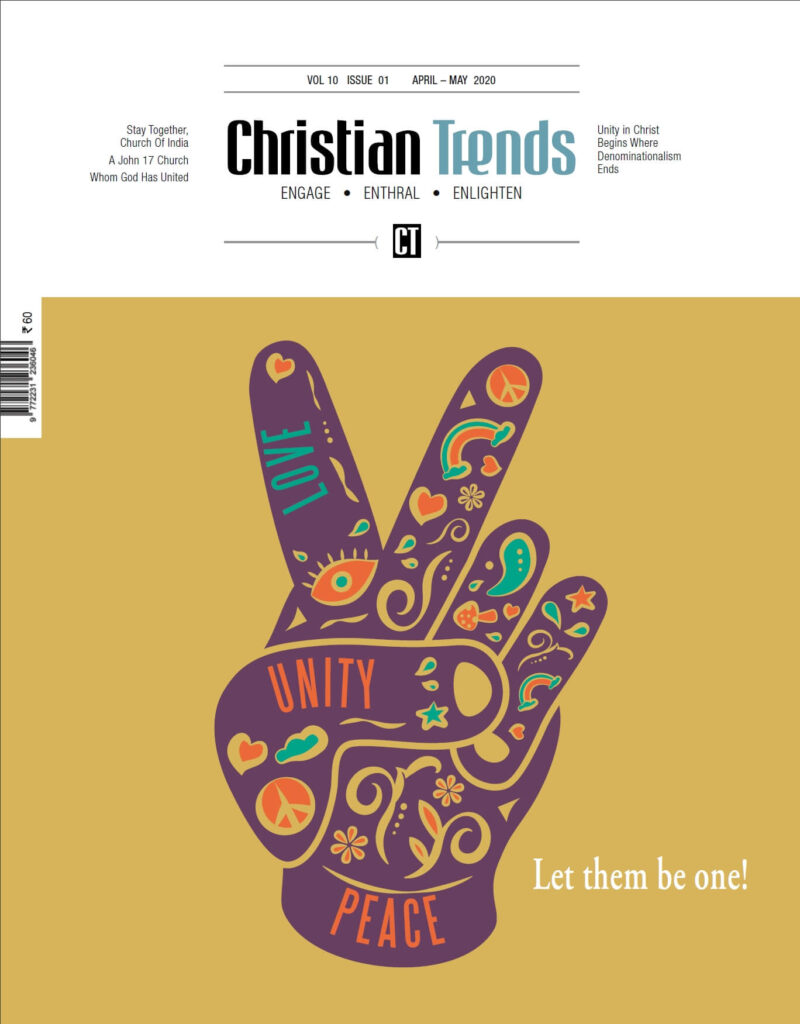Nearly every aspect of people’s lifestyle is undergoing transition with the ‘new normal’; the faith of the church is no exception. With the emergence of house churches and the cyber church, people’s faith activity is no longer guided by parameters such as respect for church leaders, reverence for God, a desire to strive for personal holiness, sensitivity to theological heresy, or appreciation of one’s tradition.
What is particularly noticeable is that denominational loyalties are on the decline. Many denominations have lost their way in terms of theological and ethical commitments for some time. Some of these have become detached from their heritage, and even more so from Scripture. Adding to the woe, at least for a short term, networks are replacing denominations for many people—maybe the most significant change in this century. Today, we have an increasing number of people whose Christian distinctiveness is shaped by their involvement with a network or a special-purpose group or parachurch group than by a particular denomination. The younger generation is more trans-denominational because they feel that traditional churches don’t have much to offer and they rather prefer smaller cross fellowships and groups.
However, denominations are essential, and are a place of belonging—they are our heritage, and distinctively shape our beliefs and behaviour. Denominations help to connect Scripture and tradition, and have been milestones in the history of Christianity. Structures within denominations help give direction, information, connection and coherence to the foundational matters of faith. But an over-focus on the denominational structure may lead to lack of lustre and vitality. On the other hand, too much focus on the ‘spirit of denomination’ leads to an unwarranted form of Christianity in the public space.
Denominations must maintain their distinctiveness while stressing their commitment to the gospel. Healthy denominations serve the cause of Christ, and collaboratively make headway for the good news of the gospel. Although it is essential to remain in the denominational convictions in their understanding of Scripture, one also needs to explore ways to partner with similar groups and networks. It will help one to tide over personal insecurities and understand the changing world around us. Such conviction comes only when we have mutual respect and humility to serve together with those from a different denomination.
John Wesley’s oft-quoted declaration is valuable for our reflection. “I … refuse to be distinguished from other men by any but the common principles of Christianity.… I renounce and detest all other marks of distinction. But from real Christians, of whatever denomination, I earnestly desire not to be distinguished at all.… Dost thou love and fear God? It is enough! I give thee the right hand of fellowship.” Let us trust God to bring a fresh wind of His Spirit to our theological persuasion, to our ministry, evangelism and missions, and our service to the nation as we live in these challenging times!






